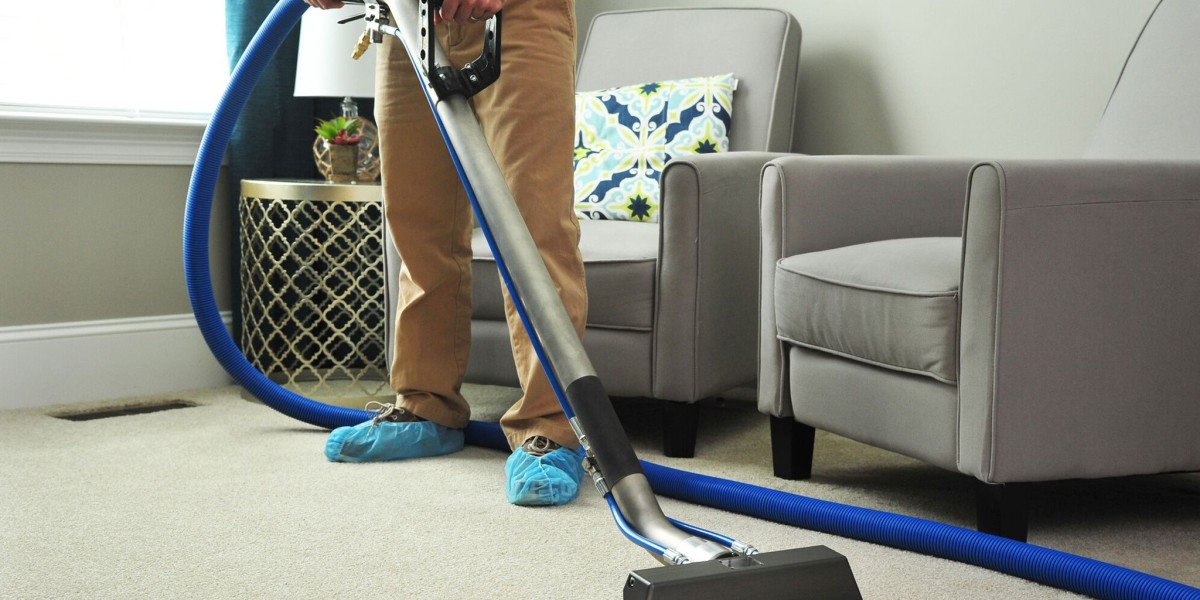Choosing a dental implant Bristol treatment is more than just a dental decision – it’s a step towards restoring confidence, comfort, and full functionality to your smile. While the surgical stage is a crucial milestone, true success depends on how well you recover afterwards. Healing is a gradual process that requires patience, commitment, and the right professional support. With proper aftercare, lifestyle adjustments, and guidance from an experienced dentist in Bristol, patients can significantly reduce discomfort, speed up recovery, and achieve lasting results. Understanding what to expect and how to care for yourself post-surgery ensures your new implant not only looks natural but also provides strength and stability for years to come.
Understanding the Healing Process
The recovery timeline varies from patient to patient, but the central goal is for osseointegration to occur. This process allows the titanium post to fuse with the jawbone, creating a strong foundation for the crown or bridge. On average, full recovery can take anywhere from three to six months. However, with careful aftercare and healthy habits, the initial healing phase—when swelling, discomfort, and sensitivity are most noticeable—can be significantly shortened.
Immediate Post-Surgery Care
The first 48 hours after surgery set the tone for recovery. During this time, mild bleeding, swelling, and tenderness are completely normal. Following professional advice strictly reduces the risk of complications. Patients are usually advised to avoid very hot foods, rest with the head elevated, and apply cold compresses in short intervals to minimise swelling. Keeping activities light and avoiding heavy lifting for a few days also helps prevent unnecessary strain on the surgical site.
Diet and Nutrition for Recovery
Nutrition is a powerful factor in healing. A balanced diet supports tissue repair, reduces inflammation, and strengthens immunity. Initially, patients should consume soft-textured foods that are gentle on the gums. Smoothies, mashed vegetables, soft proteins like scrambled eggs, and calcium-rich yoghurt are excellent choices. Hard, sticky, or crunchy foods should be avoided as they may dislodge the clot or irritate the implant site. Over time, as healing progresses, patients can gradually reintroduce firmer foods under the supervision of their dentist in Bristol.
Oral Hygiene and Implant Care
While protecting the surgical area is important, maintaining cleanliness is non-negotiable to avoid infection. Patients are advised to continue brushing their teeth carefully but to steer clear of the implant site in the early days. Rinsing with warm salt water or an antimicrobial mouthwash prescribed by the dentist keeps the mouth free from harmful bacteria. Over time, gentle brushing around the implant can be introduced, helping gums adapt while keeping plaque under control.
Lifestyle Habits that Support Healing
Lifestyle choices significantly impact how quickly and effectively you recover. Smoking, for instance, restricts blood flow to the gums, which delays healing and increases the risk of implant failure. Alcohol should also be avoided in the early days, as it can irritate tissues and interfere with prescribed medication. Staying hydrated, prioritising adequate rest, and following your dentist’s activity guidelines all contribute to a smooth recovery experience.
Common Recovery Challenges
Even with proper care, patients may encounter some short-term issues. Recognising these and managing them correctly helps recovery stay on track:
- Mild pain and swelling: Expected and typically subsides within the first week.
- Minor bleeding: Normal in the first 24–48 hours but should decrease steadily.
- Bruising: May occur on the gums or jaw but usually fades quickly.
- Loose sensation: Often temporary while tissues stabilise around the implant.
If symptoms persist or worsen, seeking advice from your dentist in Bristol is essential.
Do’s and Don’ts of Recovery
Do’s
- Stick to a soft diet and stay well hydrated.
- Follow all aftercare instructions from your dentist.
- Keep up with follow-up appointments to monitor healing progress.
Don’ts
- Avoid chewing directly on the implant site.
- Refrain from smoking and excessive alcohol intake.
- Don’t engage in strenuous exercise during the initial healing phase.
When to Seek Urgent Dental Care
Certain warning signs indicate that professional help is needed immediately:
- Intense or worsening pain that does not respond to medication.
- Prolonged or heavy bleeding beyond the first couple of days.
- Signs of infection such as pus, swelling, or fever.
- Any noticeable mobility of the implant post.
Timely intervention ensures minor complications do not compromise the success of your dental implant Bristol procedure.
Table: Recovery Timeline Overview
Stage | Expected Symptoms | What You Should Do |
First 48 hours | Mild bleeding, swelling, discomfort | Rest, apply cold packs, stick to soft foods |
Week 1 | Swelling decreases, soreness fades | Gentle oral hygiene, light activities |
Weeks 2–4 | Healing tissues, gradual strength | Reintroduce firmer foods slowly |
Months 3–6 | Osseointegration completed | Regular check-ups, maintain oral care |
Disclaimer: Timelines vary depending on individual healing capacity and procedure complexity.
Long-Term Care for Implants
Once fully integrated, implants function almost identically to natural teeth, offering strength, comfort, and durability. However, just like natural teeth, they require consistent and mindful care to remain healthy for the long term. Daily brushing with a soft-bristled toothbrush, careful flossing around the implant area, and the use of an antimicrobial mouthwash can greatly reduce the risk of gum disease or peri-implantitis. Regular check-ups with your dentist in Bristol are also vital, as they allow early detection of any potential concerns and professional cleaning to keep the area plaque-free. With the right maintenance and lifestyle habits developed during recovery, dental implants can last for decades, providing both functional stability and a confident, natural-looking smile.
Conclusion
A smooth recovery from a dental implant Bristol procedure relies on consistent care, patience, and expert guidance. By maintaining good oral hygiene, following dietary recommendations, and making sensible lifestyle choices, you can support faster healing and ensure your implant lasts for years. Staying connected with your trusted dentist in Bristol also allows early detection of any issues, keeping your treatment on track. At EDB, we are committed to delivering expert knowledge and patient-focused care, ensuring every recovery journey is comfortable, effective, and long-lasting.








